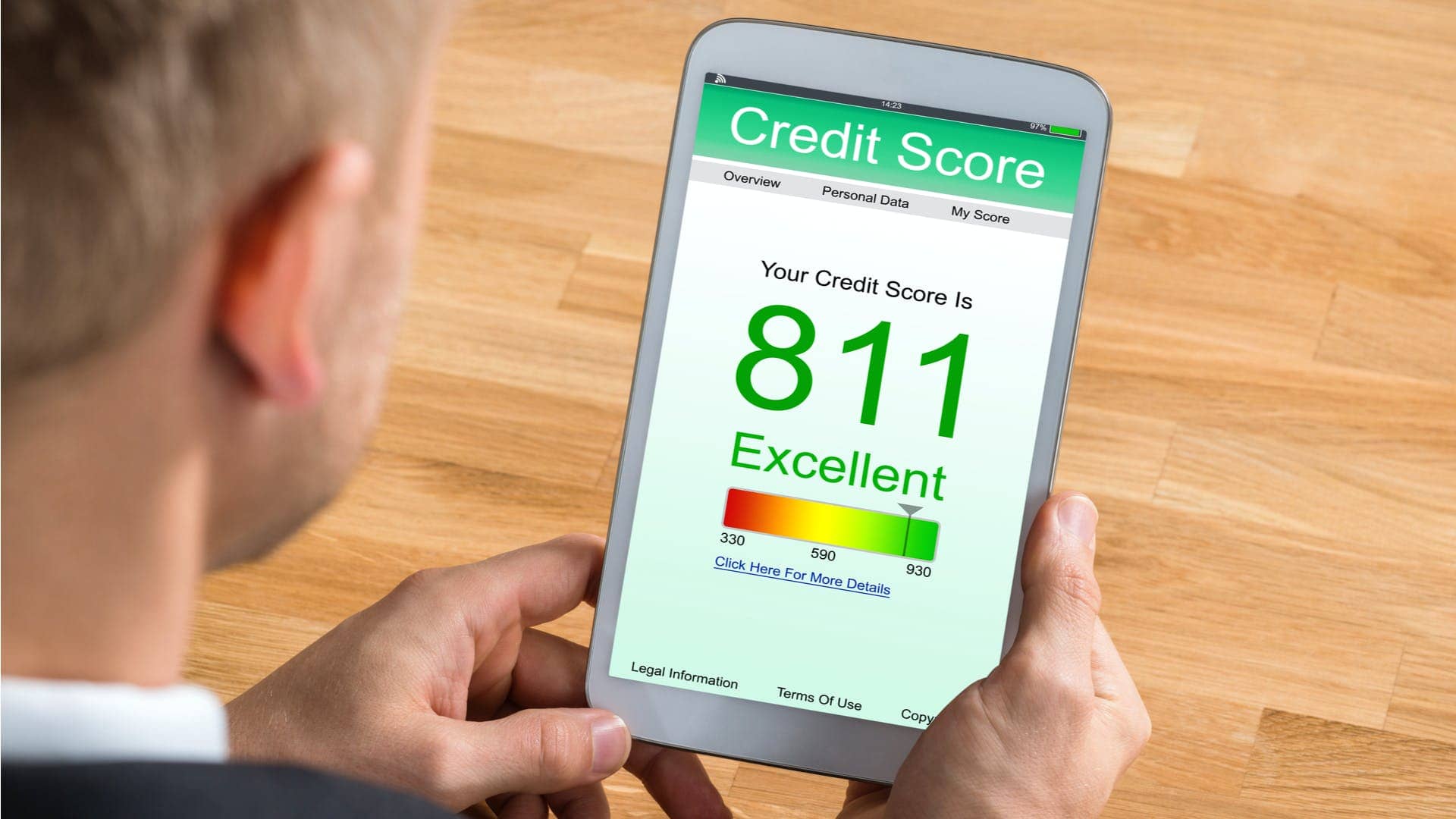A defaulted notice is a formal letter informing an individual of how much must be paid, and by when, to bring a credit account up to date. After a consumer misses between approximately three and six payments, the creditor typically issues a default notice. The individual is then provided 14 days or more to pay the amount listed in the notice. If the individual cannot pay, the account will be cancelled and considered to be in default, which means it can no longer be used to borrow money.
Defaults typically last for six years on your credit record once they have been registered. If you are making payments on a defaulted account directly or with a financial management plan or IVA (Individual Voluntary Arrangement) your credit rating will be back to normal within 12 months of completion. Fill out the form today to check if you are on the best plan to clear your debts as quickly as possible.
⏱ Get A Free No Obligation Debt Assessment:
Please fill out this form and we will get in touch with you shortly.
Once an account goes into default, the creditor may demand full repayment of the balance, sell the debt to a collection agency, or take court action for debt recovery. If the debtor repays the amount listed on the default notice within fourteen days, the creditor will not take additional action. However, if the individual misses future payments, another default notice may be issued.
Some debtors are able to work out repayment plans with creditors of their defaulted accounts. The creditor may agree to accept instalment payments over a period until the debt is repaid in full. The credit score will suffer because the debt is not repaid in full but it will not be as damaged as it would if no payment were made for the six-year period that default remains on the credit record.
The credit record should be updated to reflect the current account balance and most recent payment received.
If the debt is not settled within a six-year period but the account is still active, the account will remain on the credit report with the outstanding balance and record of the most recent payment. The debtor should review the credit report on a periodic basis to ensure that the creditor is providing updated information.
Citizens Advice Bureau and the Consumer Credit Counselling Service are two agencies that provide free advice to UK consumers in debt.
After receiving a default notice, a consumer should contact one of these agencies. A debt expert will explain the different repayment options available, which may include debt management plans. The professional will even help set the debtor up with the recommended program, getting the individual on the way to repaying debt.
Even if the balance of a defaulted account is quickly repaid in full, the default will still remain on the credit report for six years from the default date. Prospective creditors tend to focus on the most recent creditor history but a default that is several years old may still cause problems. If the default occurred for a reason like a serious illness or loss of employment, a notice of correction can be added to the credit report to explain the situation.
The best approach is to prevent a default from happening. As soon as consumers begin struggling to repay bills, they should get debt management advice. Debt management plans and other tools enable accounts from falling into default and creating a credit report blemish that remains for six years and difficulty obtaining credit that lasts just as long.

